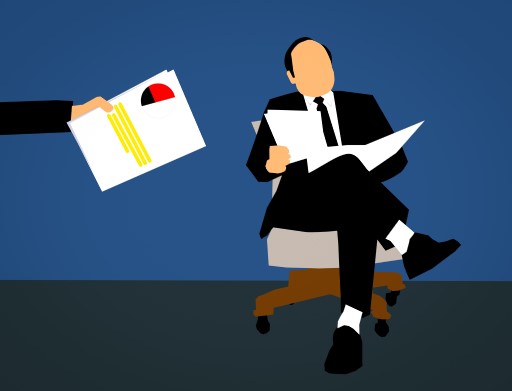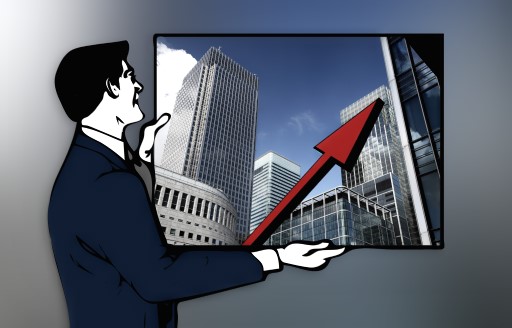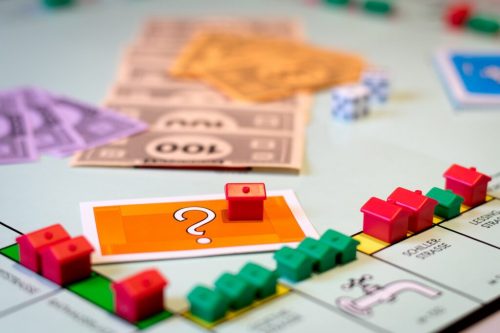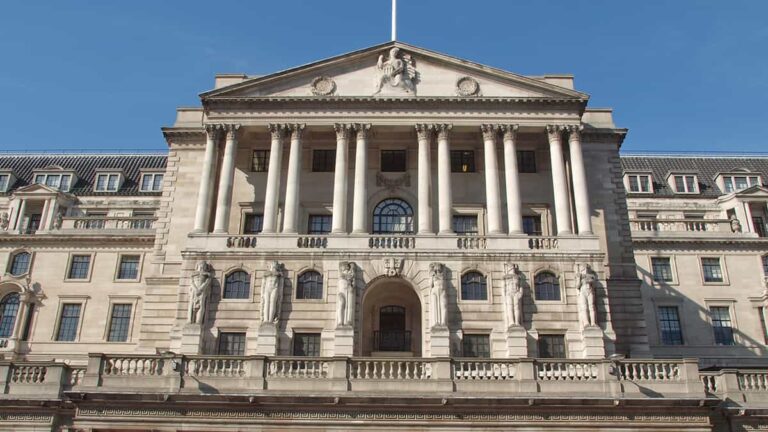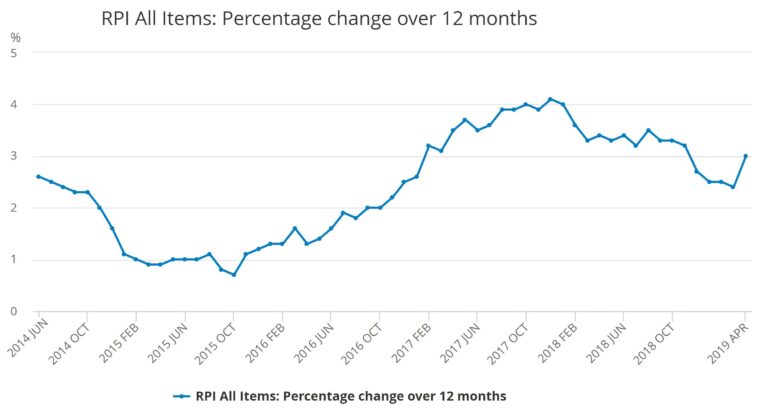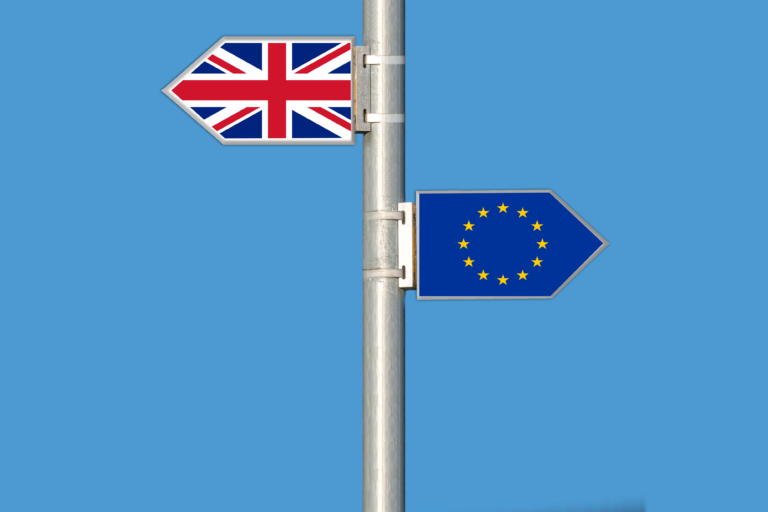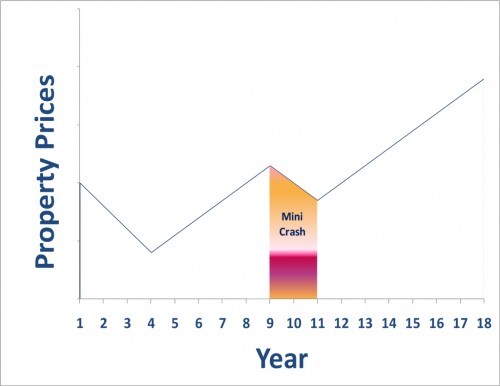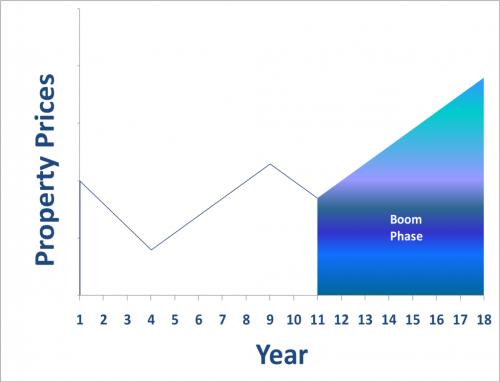Peer To Peer Lending returns are a great addition to a portfolio and a fantastic way to boost the amount of interest you can receive on your money. With a bank you currently might be lucky to earn, perhaps 1 to 1.5%, which let’s be honest is insulting to us lenders.
But with Peer To Peer Lending UK platforms such as Lending Works, you can earn 6.5%. Whilst it must be acknowledged that an investment in Lending Works is riskier than a bank deposit, it gives us investors a lifeline from the pathetic interest rates offered by banks for those that can accept the additional risk.
If you do choose to invest, then feel free to use the Peer To Peer friend referral link on the Money Unshackled offers page for a £50 Lending Works Peer To Peer sign up bonus.
This will give you a £50 bonus if you invest at least £1,000, which is a great boost to your investment!
YouTube Video > > >
What is Lending Works?
As with any other P2P Lending platform, they simply remove the need for a bank. They connect people that want to borrow money with people that want to lend money such as the likes of us. Of course, they don’t just connect you, they facilitate the whole process, so as an investor you can lie back, relax and watch that sweet interest roll in.
Lending works may not be as well-known as some of the other P2P giants such as Funding Circle or Zopa as they only launched in 2014 but that’s not to say it’s not a great P2P platform. In fact, I’ve been so impressed with Lending Works that it’s now become one of the platforms that I have been trusting my money to. You can invest through a standard account or an ISA, which is always our preferred account type.
What Rates Do Lending Works offer?
They offer 2 very simple investment choices- either a 3-year investment or 5 years.
They promote the 3-year rate to those that want more flexibility, which pays 5.0% per annum.
And if you want the higher rate of 6.5% per annum, you will need to go with their 5-year term.
Plus if you use our link you get a £50 bonus!
Of course, 3 years is not particularly flexible in our opinion, especially when compared to some offerings from other P2P websites. But none of this really matters if you can access your money early, which we’ll get to very shortly.
Are Your Investments Protected?
This is where in our opinion Lending Works stands out from the rest of the crowd. They protect your money with what they call the Shield. We don’t think we’ve seen anything quite as extensive.
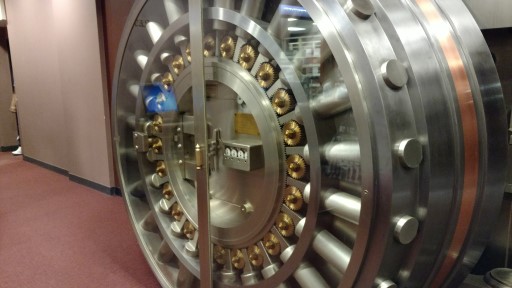
Bear in mind that P2P investments are not covered by the Financial Services Compensation Scheme, so any internal protection is very welcome. We should say that without FSCS protection your money is never completely safe.
The Shield has a few components; firstly, there is an insurance element that protects you should the borrower default for certain reasons such as Loss of employment, Accident and Sickness or Death.
Then there is the reserve fund, which is a big pile of cash that will pay you should the borrower default. If the reserve fund became depleted, then Lending Works could declare a “pooling event”, which would spread your risk across every loan on their books.
They even have other ways to protect you, which you can see for yourself on the Risk management Section of their website. To summarise this part, we feel extremely safe putting our money into Lending Works.
Who Are You Lending To?

It’s very important to understand who you are lending to. Why? Because this piece of information tells you the level of risk you are taking on. You may have seen what seem to be extraordinary rates of interest by some P2P sites in the region of 12% or more. They can offer this or often fail to in many cases because they are lending to very risky borrowers.
Many of which will default, causing you as an investor to lose your investment.
Thankfully Lending Works are very transparent in whom they lend to and in fact they are very transparent in many other aspects of their activities. Almost 100% of the loans are to individuals. Personally, this doesn’t matter too much to us, but business loans are meant to be considered riskier. Funding Circle specialises in Business loans for instance.
We can also see what the loans are being used for and the age of the borrowers, amongst other things.
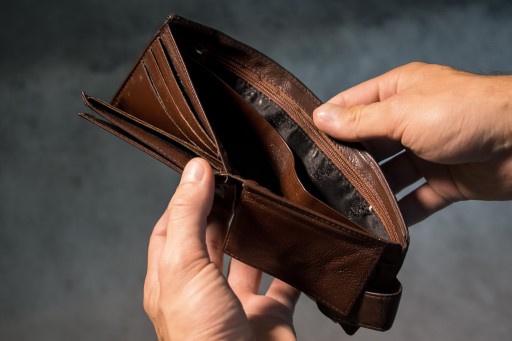
They have a very detailed Statistics page, which we encourage you to check out if you plan to invest. If you have a lot of time on your hands you could also take a gander over the full loan book.
Can You Access Your Money Early?
The answer is Yes, with 2 big caveats:
Firstly, there needs to be other lenders who are willing to take on your loans, which is pretty standard across P2P platforms. And secondly, for a fee of 0.6% – which is disappointing considering Funding Circle, amongst others, do not charge a fee.
Perhaps charging a small fee creates a level of stability. We are speculating here but if platforms let you sell loans for free; they may have more of a rush to the exit under certain circumstances; which could create problems in accessing money.
Lending Works brags they have an average withdrawal time of less than 1 day but we have both experienced difficulties at times when trying to sell loans with Funding Circle, so 1 day is very impressive.
What About Repayments?
A feature we like is the ability to choose what happens with interest repayments. You can choose to reinvest everything, withdraw everything or even withdraw the interest but reinvest the capital.
How Long is My Money Idle?
A problem with many P2P websites is that your money often sits idle for long periods before it can be invested.

Well Lending Works are very transparent with this, clearly stating on your dashboard the estimated time for money to be matched to loans. This is currently 1-7 days, which is reasonable.
What Does Everyone Else Think?
Before doing anything these days you should check out reviews and Lending Works has sensational reviews on Trustpilot, as we expected.
So – did you agree with our P2P review and will you be investing some of your pot into Lending Works? What do you think of the peer to peer business model as an innovation? Let us know in the comments.
Make sure to check out our Zopa review, Ratesetter review, and Funding Circle review where we have further links to cashback including £100 cash bonuses and a £50 amazon voucher!


